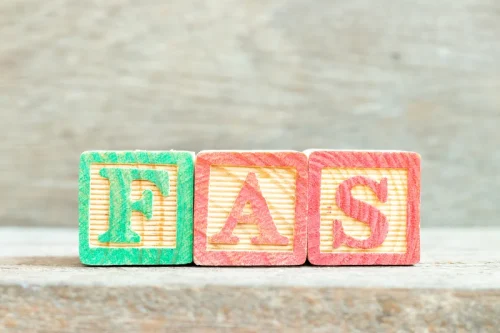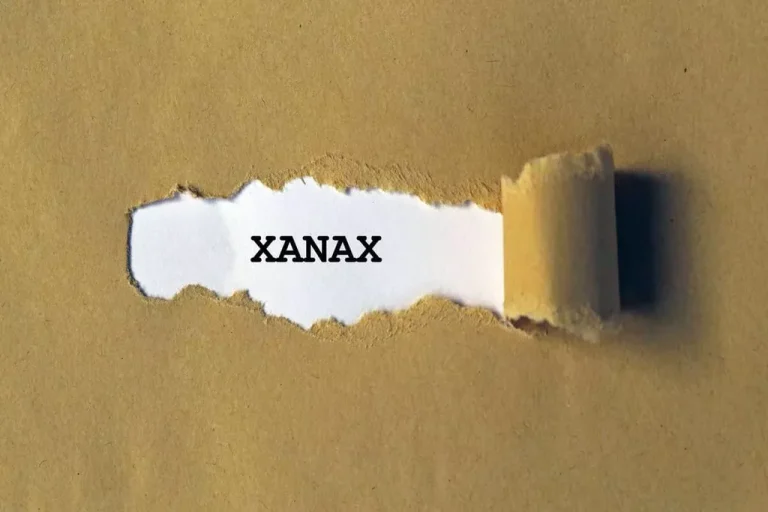
“At a policy level, a fair warning should be made so that the people who are consuming cannabis know that there are risks.” No, first-time consumption of marijuana edibles will not result in immediate addiction. It takes frequent, repeated behavior to start developing a dependence on cannabis’s main psychoactive compound, THC. It’s important to note that while marijuana can be addictive, the risk of addiction varies among individuals.
Federation of Medicine
Stopping cannabis use gradually may help decrease discomfort from withdrawal and lower someone’s risk of relapse. Healthcare professionals may grade CUD as mild, moderate, or severe depending on how many of the above criteria a person meets. Certain factors, such as delivery method and THC content, may affect someone’s risk of CUD. If any of these signs sound familiar, it may be time to assess your relationship with marijuana and seek professional support.
As marijuana use increases, so does evidence showing it harms the heart
The plant, scientifically known as Cannabis, contains various chemical compounds. The most notable compound in the cannabis plant is delta-9-tetrahydrocannabinol or THC. The information contained on this website is not intended to be a substitute for, or to be relied upon as, medical advice, diagnosis, or treatment. Always seek is weed addictive the advice of your physician or other qualified health provider with any questions you may have regarding a medical condition.
Advancing reduction of drug use as an endpoint in addiction treatment trials

Consequently, the percentage of participants with no heavy drinking days is accepted by the FDA as a valid outcome measure in trials of medications for alcohol use disorder4. The FDA recently announced a new tool through which investigators can determine if proposed treatments for alcohol use disorder (AUD) work based on whether they reduce “risk drinking” levels. The new tool can be used as an acceptable primary endpoint in studies of medications to treat adults with moderate to severe AUD. Marijuana use has risen in the United States, Sober living house especially in states where it is legal to buy, sell and use the drug recreationally.
- This risk could be higher in young men or people assigned male at birth, especially between 16 and 25 years of age.
- According to a study from the Massachusetts General Hospital, medical marijuana can lead to cannabis use disorder.9 The highest risk came from the people who use medical marijuana to relieve anxiety and depression.
- Someone with CUD may experience cravings and an increased tolerance for cannabis.
- They’re unsure if people are adjusting for the increased potency by using less marijuana at one time or using it less frequently.
- Amanda Reiman, PhD, policy manager for the California office of the Drug Policy Alliance, and lecturer at the University of California Berkeley, shed light on this trend.
- If you’re pregnant, you shouldn’t use medical marijuana unless your doctor says it’s OK.
- They may encourage completely stopping cannabis use if someone has CUD.
Popular in: Marijuana / Cannabis / CBD
Daily or weekly marijuana use has been found to increase the chances that a person becomes dependent on the drug in the future. However, how a person engages with marijuana is an important factor as well. For instance, one study found that “solitary use,” or using the drug by yourself, was a strong sign that dependence would form in the future. Two of these components, delta-9-tetrahydrocannabinol (THC) and cannabidiol (CBD), have effects that are commonly known to people who use marijuana. THC is known as the substance that makes a person feel a “high,” while CBD often promotes a feeling of relaxation. Even if not physically or chemically dependent on marijuana, some people will develop a psychological dependence upon the drug.
- For example, a 2001 study found that participants with cannabis dependence were more likely to report abstinence after either a six-session CBT program or a single-session CBT intervention, when compared to a delayed treatment group.
- Regular engagement with meditation practices can help cultivate emotional stability and resilience, which is helpful for navigating addiction.
- And we address together whether or not the cannabis use is impacting them.
- That means that you can’t always know exactly what you’re buying.
- “In fact, a glass or two of wine a day is considered healthy… Now, you certainly might see some sort of withdrawal symptom if someone’s been drinking for a few years and they abruptly stop doing that.

These cannabis edibles are dosed to deliver a balanced and calming high. Get them shipped nationwide, or stop by in person for pickup or local Chicago delivery. The potency of edibles, combined with the delayed onset (typically minutes), might lead to overconsumption when users don’t feel immediate effects and decide to pop another dose. However, what’s more likely with cannabis edibles is accidental overconsumption.

Building up a tolerance
Though these symptoms can be unpleasant, they’re not usually life-threatening like the withdrawal symptoms from alcohol or opioids. These symptoms can persist for days or weeks, however, after enduring them one can enjoy the benefits of quitting weed. Cannabis has always been a deeply controversial drug, and while it can be a therapeutic substance, it also comes with a risk of addiction or dependence. Make sure you are aware of the potential risk if you choose to consume cannabis and reach out to your primary care provider if your cannabis use is negatively affecting your life. Cannabis use disorder is commonly treated by psychiatrists, psychologists, licensed mental health counselors, or other licensed therapists. A specific type of psychotherapy called Cognitive Behavioral Therapy (CBT) is a particularly effective treatment for substance abuse disorders.

The use of marijuana before the age of 18 is especially worrisome as teens are 4 to 7 times more likely to develop CUD than adults. It’s the primary reason young people enter substance use treatment. Additionally, research indicates that almost 30% of people who use marijuana may have a mild, moderate or severe form of CUD.